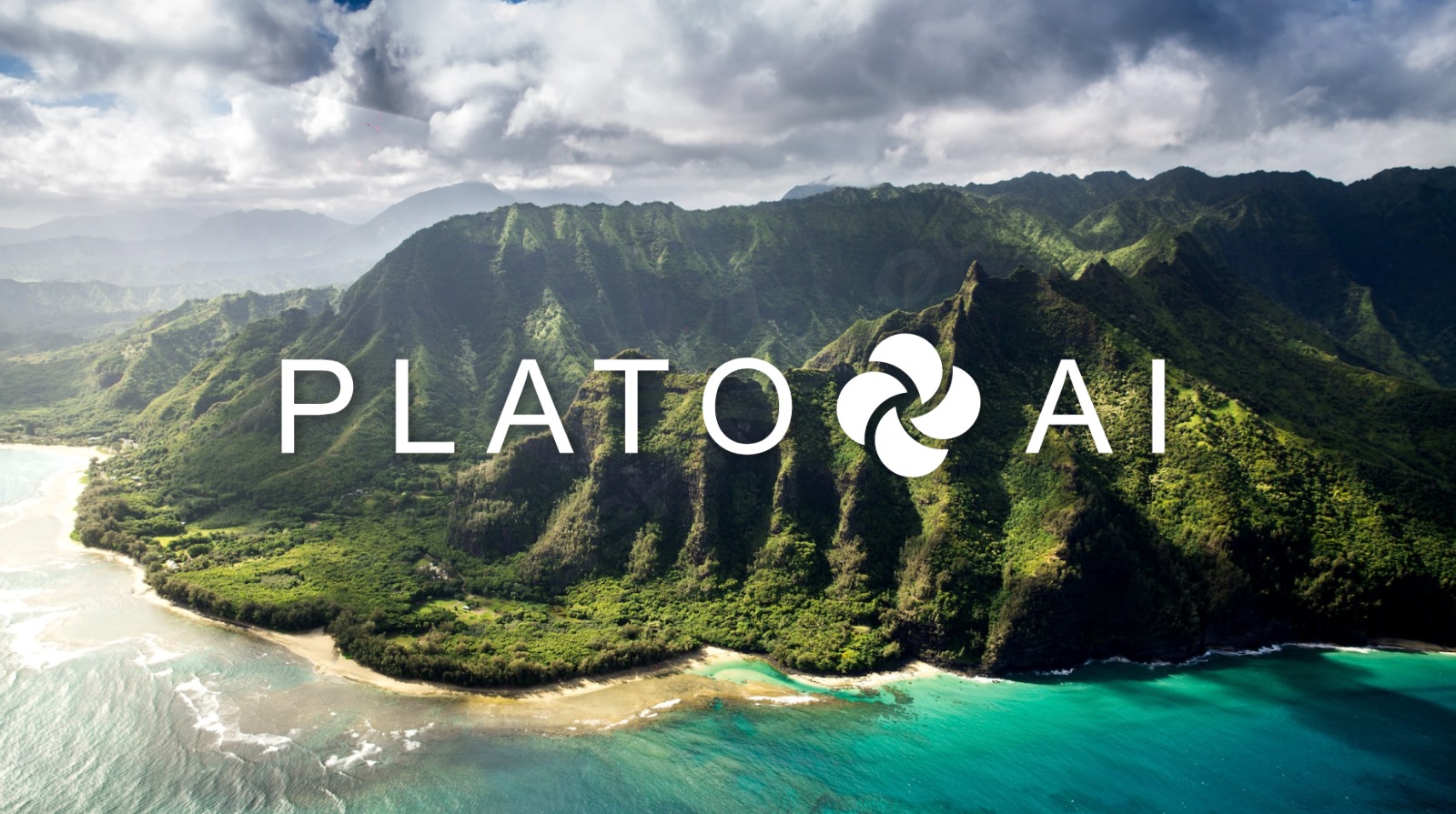Analysis by McKinsey on Financial Institutions and Sustainability in Latin America
In recent years, sustainability has become a key focus for businesses across the globe. Financial institutions, in particular, have recognized the importance of integrating sustainability into their operations and strategies. McKinsey & Company, a global management consulting firm, has conducted an in-depth analysis of financial institutions and sustainability in Latin America, shedding light on the current state of affairs and providing valuable insights for the future.
The analysis conducted by McKinsey reveals that financial institutions in Latin America are increasingly recognizing the need to incorporate sustainability into their business models. This shift is driven by several factors, including changing customer preferences, regulatory pressures, and the growing awareness of environmental and social issues.
One of the key findings of the analysis is that financial institutions in Latin America are actively incorporating environmental, social, and governance (ESG) factors into their investment decisions. This is particularly evident in the banking sector, where banks are increasingly considering ESG risks and opportunities when evaluating potential investments. This trend is driven by the recognition that companies with strong ESG performance are more likely to deliver long-term value and mitigate risks.
Furthermore, the analysis highlights that financial institutions in Latin America are also taking steps to align their lending practices with sustainability goals. Many banks have developed specific lending programs that support environmentally friendly projects, such as renewable energy initiatives or sustainable agriculture. By financing these projects, financial institutions not only contribute to sustainable development but also tap into new business opportunities.
Another important aspect highlighted by McKinsey’s analysis is the role of technology in driving sustainability in financial institutions. The report emphasizes that digitalization can enable financial institutions to better measure and manage their environmental footprint. For example, digital platforms can provide real-time data on energy consumption or carbon emissions, allowing institutions to identify areas for improvement and set targets for reduction.
However, despite the progress made, the analysis also points out several challenges that financial institutions in Latin America face in their sustainability journey. One of the main obstacles is the lack of standardized ESG reporting and disclosure frameworks. This makes it difficult for investors and stakeholders to compare the sustainability performance of different institutions and hinders the flow of capital towards sustainable investments.
To overcome these challenges, McKinsey suggests that financial institutions in Latin America should collaborate with regulators, industry associations, and other stakeholders to develop common ESG reporting standards. This would not only enhance transparency but also facilitate the integration of sustainability considerations into investment decisions.
In conclusion, McKinsey’s analysis on financial institutions and sustainability in Latin America highlights the growing recognition of sustainability as a strategic imperative for financial institutions in the region. The report showcases the progress made in incorporating ESG factors into investment decisions and lending practices, as well as the potential of technology to drive sustainability. However, it also emphasizes the need for standardized ESG reporting frameworks to further advance sustainability efforts. By addressing these challenges, financial institutions in Latin America can play a crucial role in promoting sustainable development and driving positive change in the region.
- SEO Powered Content & PR Distribution. Get Amplified Today.
- PlatoData.Network Vertical Generative Ai. Empower Yourself. Access Here.
- PlatoAiStream. Web3 Intelligence. Knowledge Amplified. Access Here.
- PlatoESG. Automotive / EVs, Carbon, CleanTech, Energy, Environment, Solar, Waste Management. Access Here.
- PlatoHealth. Biotech and Clinical Trials Intelligence. Access Here.
- ChartPrime. Elevate your Trading Game with ChartPrime. Access Here.
- BlockOffsets. Modernizing Environmental Offset Ownership. Access Here.
- Source: Plato Data Intelligence.

